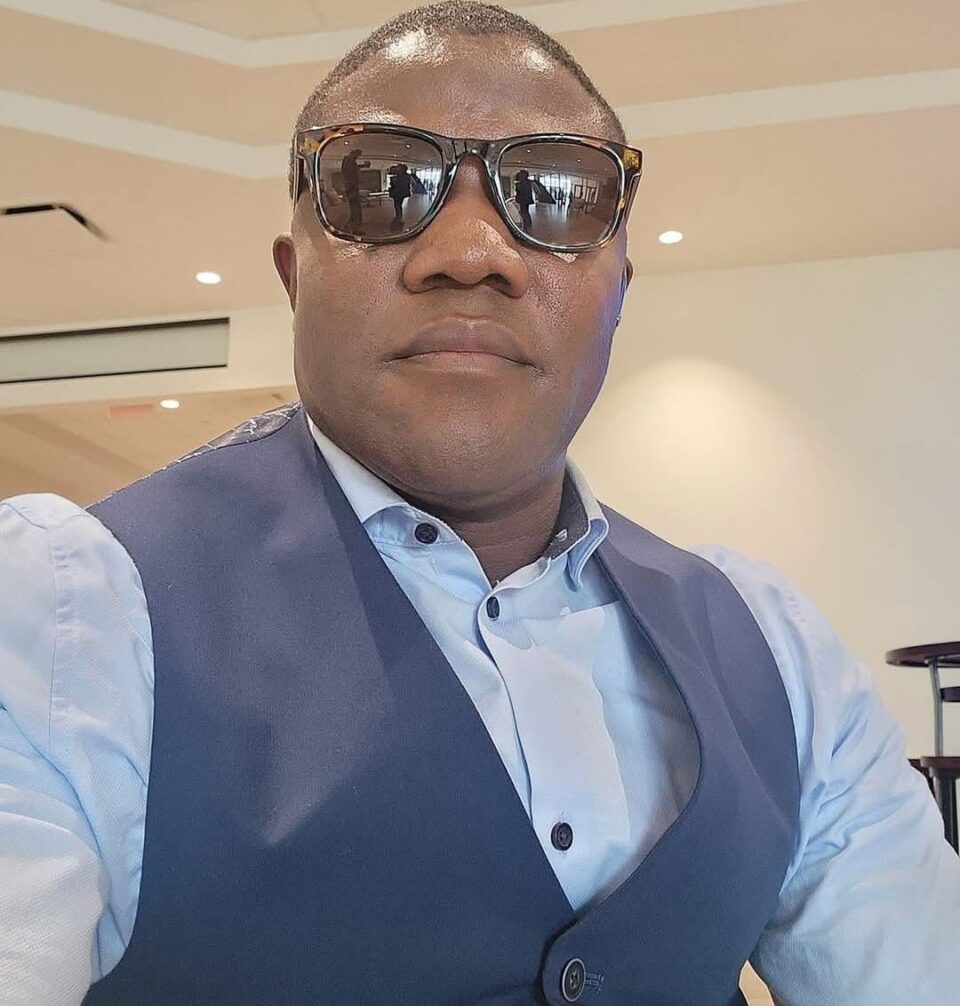But Will Reason Prevail?
PHOTO: Samuel Barbay Gaye, Jr., BBA, MDiv, Former Youth Leader in the United Methodist Church, Liberia
The conflict between the United Methodist Church (UMC) and the Global Methodist Church (GMC) in Liberia has reached a critical point. What began as a theological dispute over the 2020/2024 United Methodist Church Book of Discipline has now spiraled into bitter struggles over properties, public confrontations, and prolonged legal battles.
Former Youth Leader of the UMC in Liberia, Samuel Barbay Gaye, Jr., who now resides in the US, sees dialogue or settlement by arbitration as a genuine way out than litigation.
“This crisis does not have to end in violence or endless litigation”. Instead, Barbay urges both churches to embrace arbitration and settlement as a more Christ-centered, peaceful, and practical way forward.
“Regionalization”, a technical term enshrined in the law of the UMC, may shield Liberia from implementing some of the new UMC policies, particularly around same-sex marriage and clergy ordination, since both Liberian law and culture prohibit such practices. Yet, Gaye argues that the deeper issue is not cultural but spiritual:
Gaye argues, “the church is not a social or political institution that survives only by constitutions, by-laws, and policies,” he wrote. “It is a body of believers under the Lordship of Jesus Christ, whose ultimate authority is the Holy Bible. When the Book of Discipline conflicts with Scripture, congregations with conscience and conviction should be free to disaffiliate.”
Learning from the US experience, Mr. Gaye thinks the United Methodist Church in Liberia needs to adapt some of the realistic approaches. “Just as over 4,500 congregations in the United States were permitted to leave the UMC and join the GMC, Liberian congregations deserve the same right, through a clear, fair, and gracious process.”
In his lengthy article that backgrounds disputes in the life of Methodism, the former youth leader blamed both UMC and GMC for allowing the theological disagreement to degenerate into “property disputes”. Say pointed out, “In some instances, GMC members have reportedly changed the church signboard to claim UMC buildings. UMC members, in response, have vowed to defend properties, sometimes unlawfully, even with threats of violence”.
“This is unthinkable,” Gaye lamented. “The same church that trained presidents, leaders, and some of Liberia’s most educated professionals now finds itself at risk of destroying its witness before the world.”
Why Arbitration, Not Litigation
The matter has been in court for eight months with no end in sight. Litigation, Gaye argues, has only worsened tensions, drained church resources, and hardened divisions. Arbitration, on the other hand, offers a peaceful and dignified path forward.
“This crisis is like a bitter divorce,” he explained. “Both sides may no longer wish to live together, but they can separate without tearing down the house or harming each other. Arbitration, through respected Liberian mediators and lawyers, is the best way to achieve this.”
A Call for Peaceful Resolution
Gaye warns that without urgent mediation, the dispute could escalate further: properties torched, members harmed, or even lives lost. “No one wins in chaos,” he emphasized.
“There will be no healing in violence, no moving forward in litigation. But there can be peace in a settlement,” he added.
Concluding, Gaye calls on the UMC, the GMC, and the broader Liberian Christian community to choose the higher ground: “If we truly believe in the gospel we preach, then we must model it by seeking arbitration over litigation. That is the path to peace, coexistence, and healing.”

